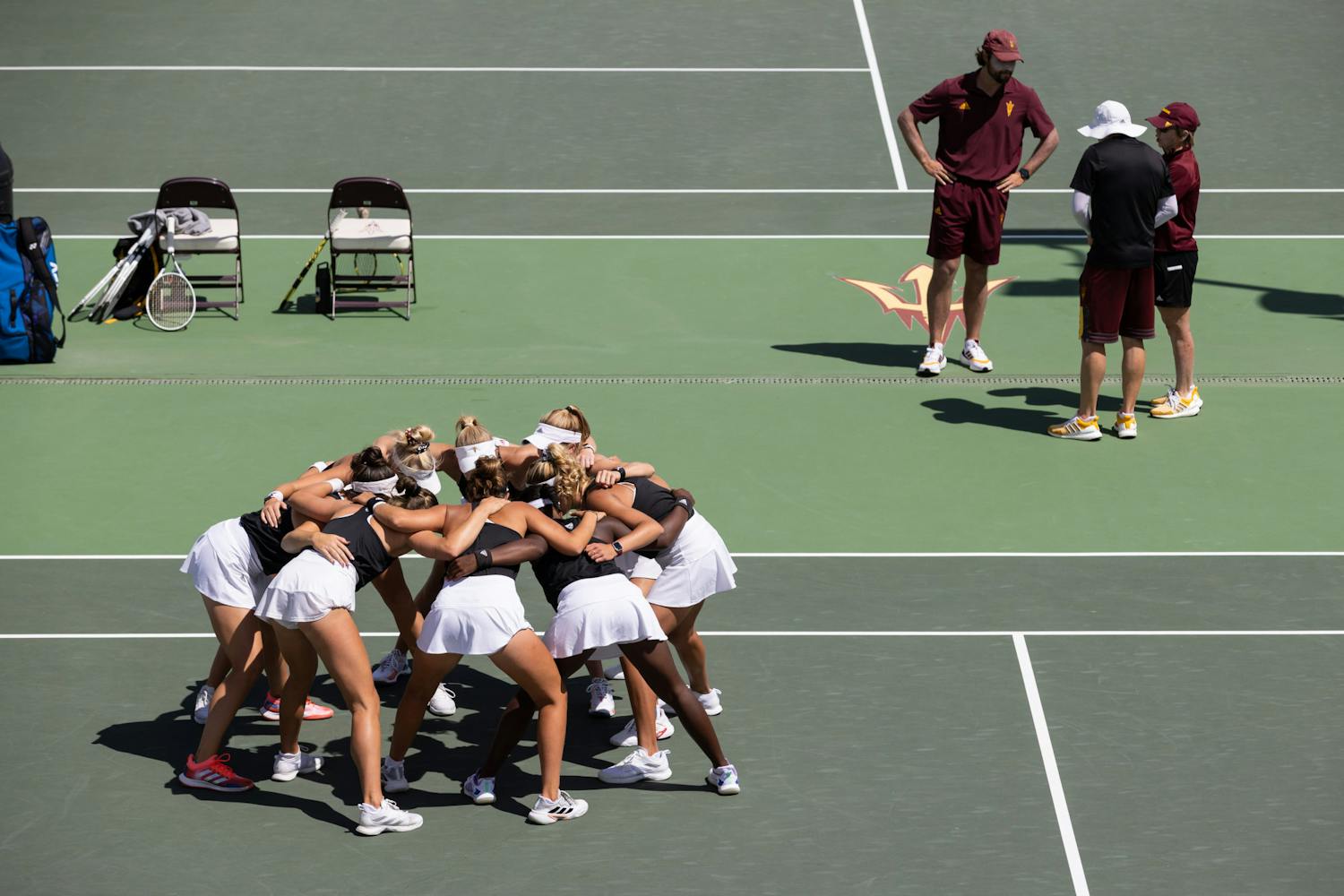The 2012 presidential election will end Tuesday with incumbent Democratic President Barack Obama and Republican challenger Mitt Romney battling to lock up key swing states, especially Ohio.
With national poll numbers indicating a near tie between the presidential candidates, nine key states will decide the final outcome of the 2012 election.
Voters may personally end up deciding the outcome of the election in the critical tossup states of Colorado, Florida, Iowa, Nevada, New Hampshire, Ohio, Pennsylvania, Virginia and Wisconsin.
Voters in each state do not directly elect a presidential ticket, but vote for designated electors based on the state’s congressional representation.
Candidates must win a majority of 270 electors out of 538 in the Electoral College.
Nevada has the highest likelihood of an individual voter determining its Electoral College winner.
Whichever candidate earns Ohio’s Electoral College votes will likely win the presidency, according to the New York Times election blog Five Thirty Eight.
A Washington Post/ABC News tracking poll has Obama at 50 percent and Romney at 47 percent among likely voters as of Monday evening.
Political science professors at the School of Politics and Global Studies expressed the need to monitor the presidential election via the Electoral College and not by which candidate is leading in the popular vote.
Political science professor Rodolfo Espino said he’s keeping a close eye on Ohio, Florida and Nevada to decide the race.
Espino said when poll numbers are as close as they are this election, the gap between the popular vote and the Electoral College tends to widen with the winner gaining a larger Electoral College margin of victory than the overall popular vote.
“In my analysis, if Obama wins Ohio, it will be a short night,” he said. “But, if Romney wins Ohio, look for it to be a long night with Nevada in the west playing a deciding factor.”
Espino said Iowa, with its six Electoral College votes, would also play a large role in who wins the presidency.
He said Arizona should start to get a clear picture of a winner around 8 p.m. when polling places in the Eastern time zones have closed.
Political science professor Paul Lewis agrees with leading national predictions to watch swing states like Florida and Ohio to determine the victor.
Even when candidates consider a state safe, challengers will campaign heavily in these areas to try and force their opponent to divert extra resources.
“Part of this relentless process is to force the other guy to put money in places they would normally be spending it elsewhere,” he said.
Political science professor Valerie Hoekstra said Obama’s path to victory will be easier than Romney’s because of the Electoral College.
“In those key states … the president has been gaining momentum in the last week,” she said. “Obama has the easier road to make to the 270 votes needed to win.”
She said if people have not decided which candidate to vote for by now, they are probably not going to vote at all.
Hoeskstra said she finds the entire process fascinating to watch and important to the effective function of democracy.
“As a political scientist, I am so interested in how these systems are set up and how the smallest changes affect the rest of the system, “ she said.
Reach the reporter at rvalcho@asu.edu or follow him on Twitter at @rvalcho



